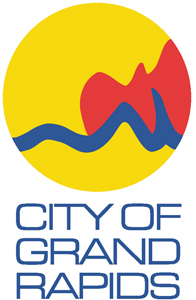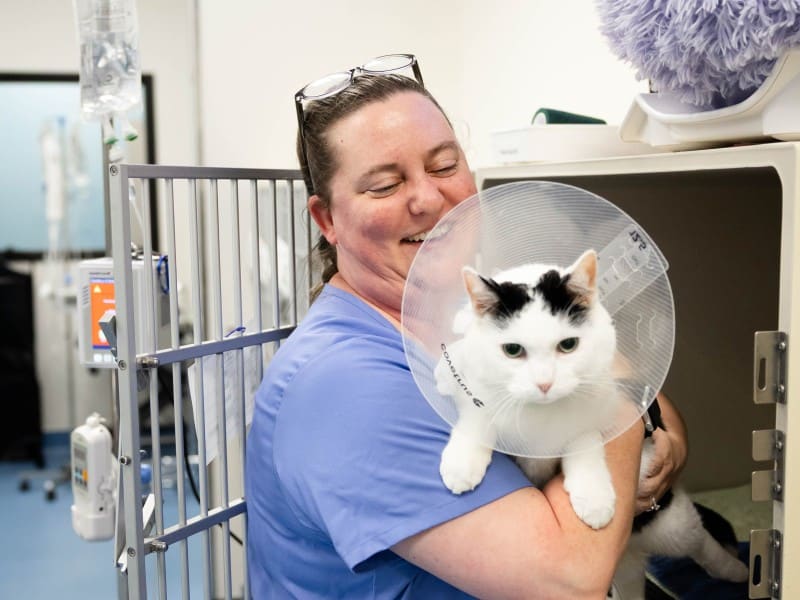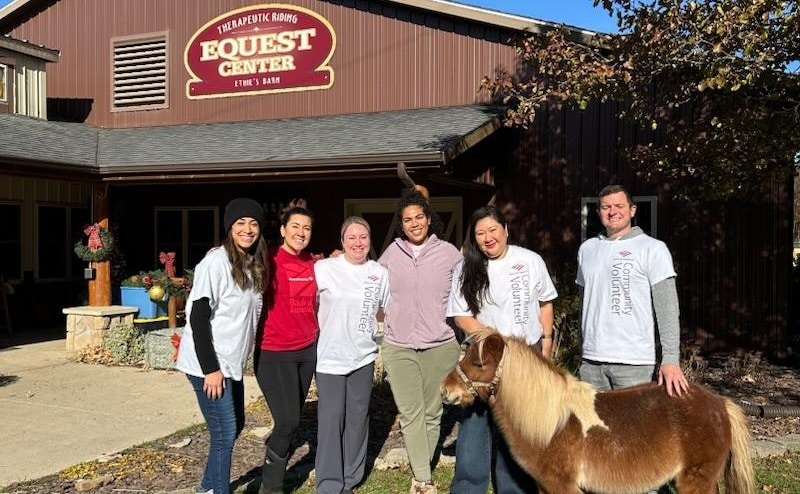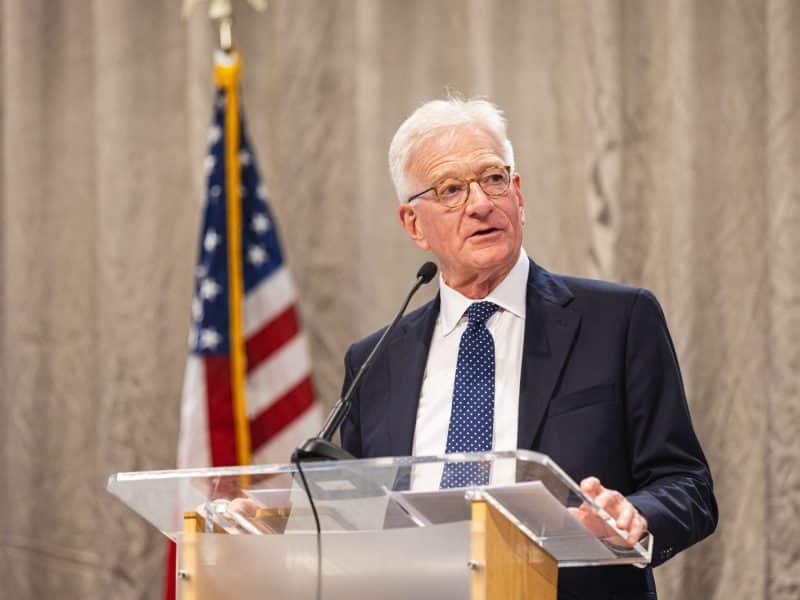Grand Rapids design teams seek to improve services at city hall
Four design teams established by the Grand Rapids City Commission last summer have set about the task of streamlining a variety of services provided by the city. City commissioners formed the teams — independent teams of city staff, public and private stakeholders and city commissioners — after the concept was proposed in July 2010 by Commissioner James White, says Tom Almonte, assistant to the city manager and member of the customer service design team. Each team reported its progress at the city commission’s retreat on Feb. 22.The four teams are:Improving Customer Service — Completed. A study of the city’s customer services processes. Recommendations include establishing a 24/7 online payment system for water bills, property taxes and other payments, and creating one point of contact for any inquiry about city services thus eliminating the need to contact individual departments. Consolidating City Assets — Completed. A review of city services, real estate practices and properties, and strategic facility planning. Recommendations include selling for private development five commercially zoned properties, including 1501 Monroe NW across from the water filtration plant and 427 and 354 Market Ave. SW, the current Amtrak station and parking lot, and not selling the much-debated parcel at 201 Market Ave. SW until the economy improves. Transforming Parks and Recreation Services — Ongoing. Charged with developing more sustainable short- and long-term strategies for the parks system. “We focused on getting a baseline on where our current parks system stands and did a park audit to benchmark against other communities,” says Steve Faber, executive director of Friends of Grand Rapids Parks and a member of the design team. “We’re half to a third of where we should be by national standards.”Recommendations include developing more revenue streams for the parks, which only has three compared to other parks systems that have 15 to 20, Faber says. Transforming Police and Fire Service Models — Ongoing. To examine opportunities to contribute to the city’s financial sustainability by transforming police and fire services. Current recommendations include a system review of current emergency medical services, and development of two potential models for police services consolidation: 1) creating specialized regional teams that could include K-9 services and crime scene analysis, 2) possibly transitioning to a Metropolitan Police Service that might include consolidation with the Kent County Sheriff’s department.”We’re now developing a transformation action plan and will have between fiscal year 2011 and fiscal year 2014 to implement everything that will be outlined in that plan,” Almonte says.He adds that a first draft of the plan will be presented to the city commission on April 8.Source: Tom Almonte, Assistant to the Grand Rapids City ManagerWriter: Deborah Johnson Wood, Development News Editor
Four design teams established by the Grand Rapids City Commission last summer have set about the task of streamlining a variety of services provided by the city.
City commissioners formed the teams — independent teams of city staff, public and private stakeholders and city commissioners — after the concept was proposed in July 2010 by Commissioner James White, says Tom Almonte, assistant to the city manager and member of the customer service design team. Each team reported its progress at the city commission’s retreat on Feb. 22.
The four teams are:
Improving Customer Service — Completed. A study of the city’s customer services processes. Recommendations include establishing a 24/7 online payment system for water bills, property taxes and other payments, and creating one point of contact for any inquiry about city services thus eliminating the need to contact individual departments.
Consolidating City Assets — Completed. A review of city services, real estate practices and properties, and strategic facility planning. Recommendations include selling for private development five commercially zoned properties, including 1501 Monroe NW across from the water filtration plant and 427 and 354 Market Ave. SW, the current Amtrak station and parking lot, and not selling the much-debated parcel at 201 Market Ave. SW until the economy improves.
Transforming Parks and Recreation Services — Ongoing. Charged with developing more sustainable short- and long-term strategies for the parks system.
“We focused on getting a baseline on where our current parks system stands and did a park audit to benchmark against other communities,” says Steve Faber, executive director of Friends of Grand Rapids Parks and a member of the design team. “We’re half to a third of where we should be by national standards.”
Recommendations include developing more revenue streams for the parks, which only has three compared to other parks systems that have 15 to 20, Faber says.
Transforming Police and Fire Service Models — Ongoing. To examine opportunities to contribute to the city’s financial sustainability by transforming police and fire services. Current recommendations include a system review of current emergency medical services, and development of two potential models for police services consolidation: 1) creating specialized regional teams that could include K-9 services and crime scene analysis, 2) possibly transitioning to a Metropolitan Police Service that might include consolidation with the Kent County Sheriff’s department.
“We’re now developing a transformation action plan and will have between fiscal year 2011 and fiscal year 2014 to implement everything that will be outlined in that plan,” Almonte says.
He adds that a first draft of the plan will be presented to the city commission on April 8.
Source: Tom Almonte, Assistant to the Grand Rapids City Manager
Writer: Deborah Johnson Wood, Development News Editor










